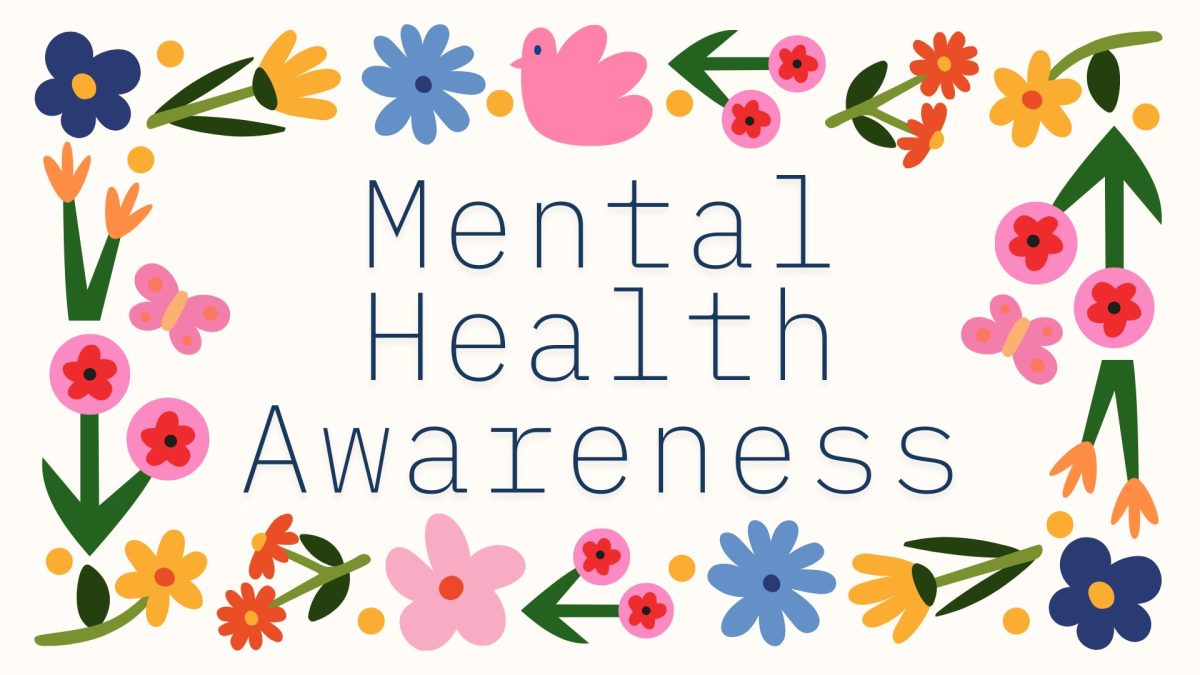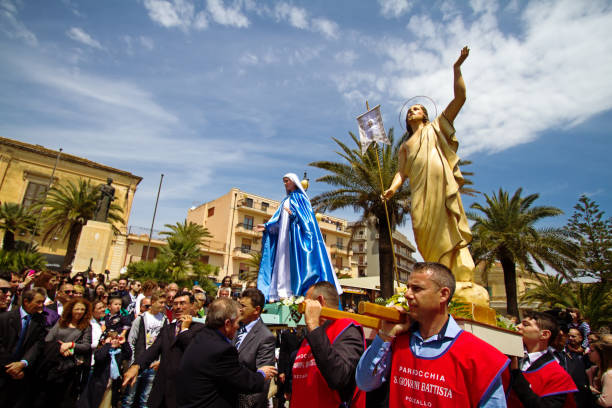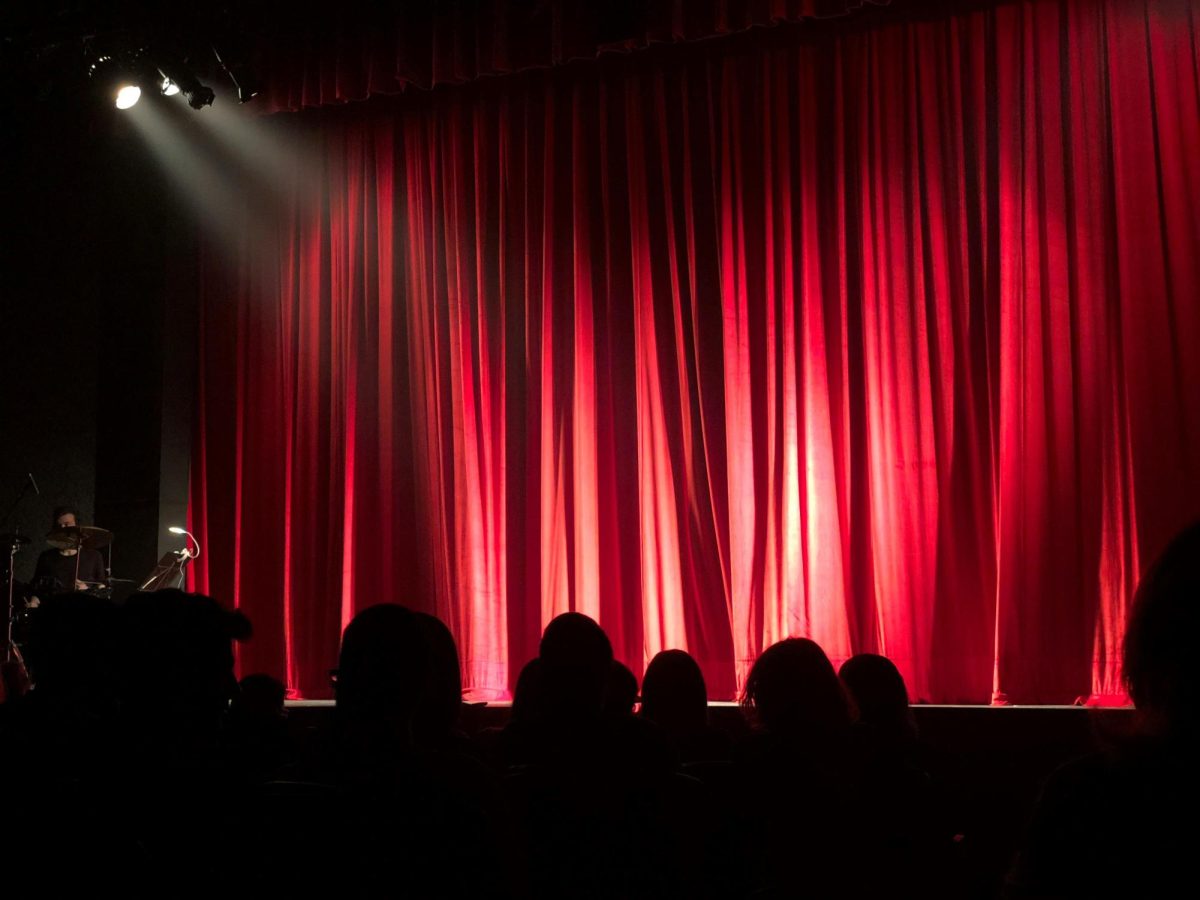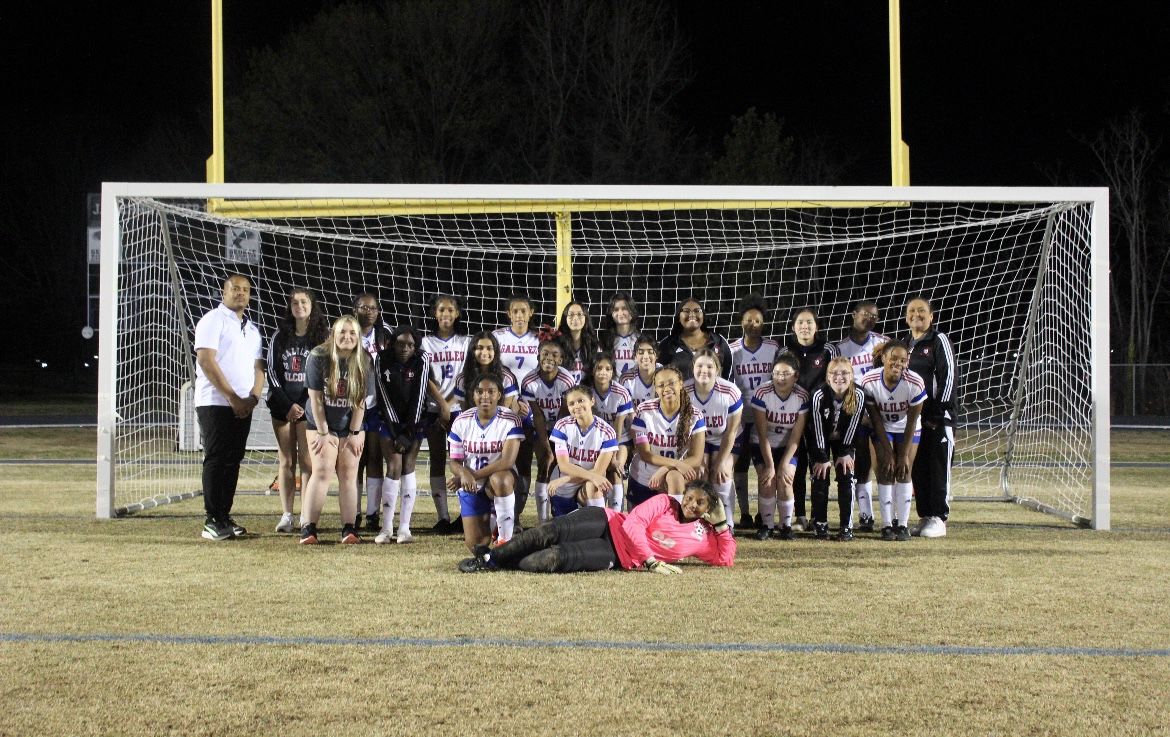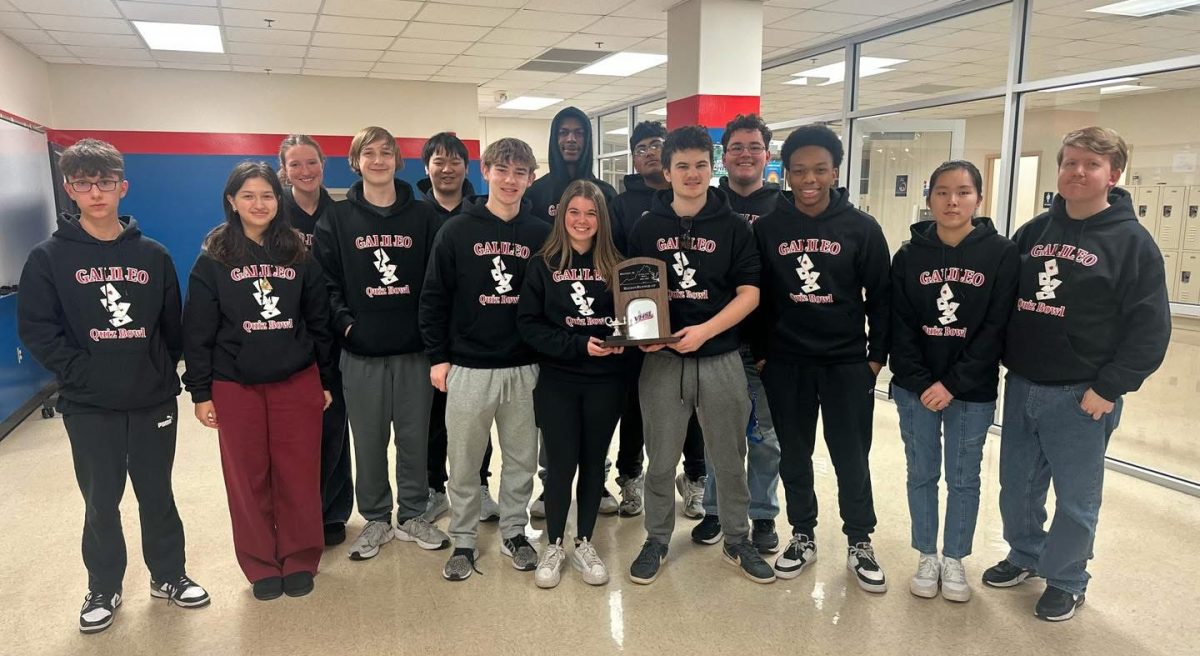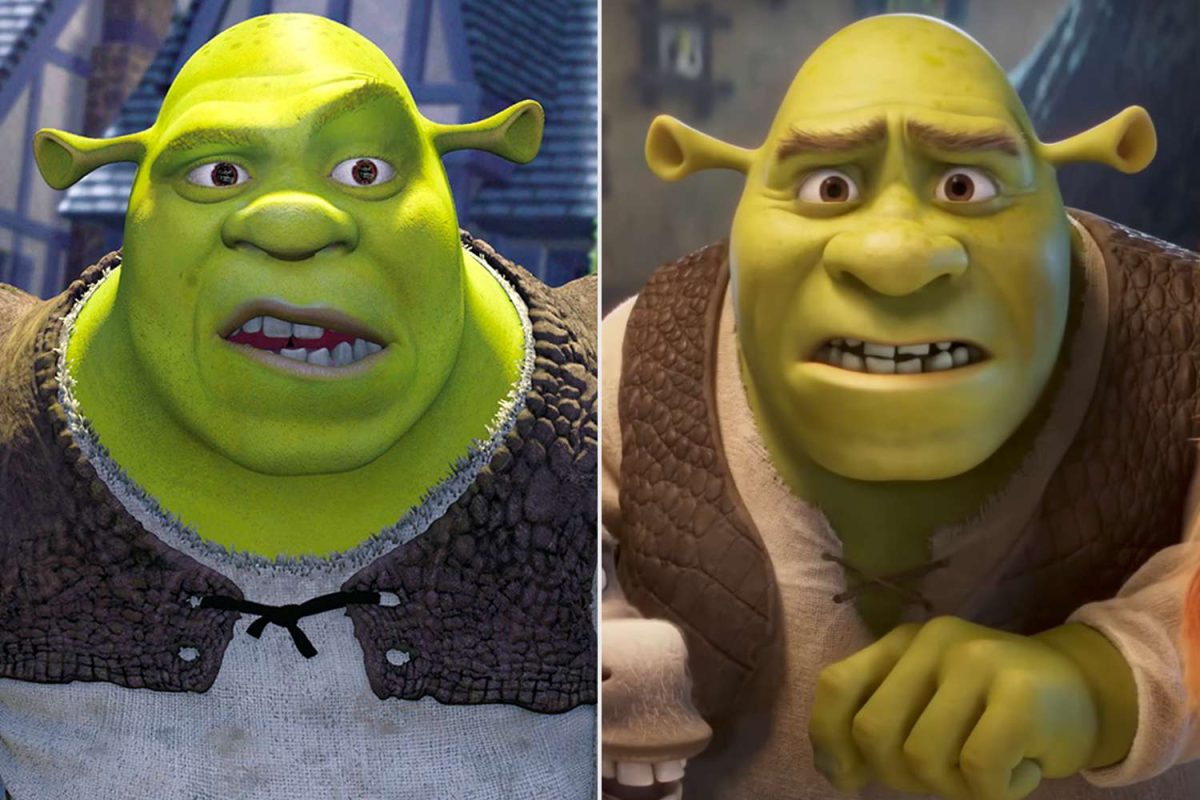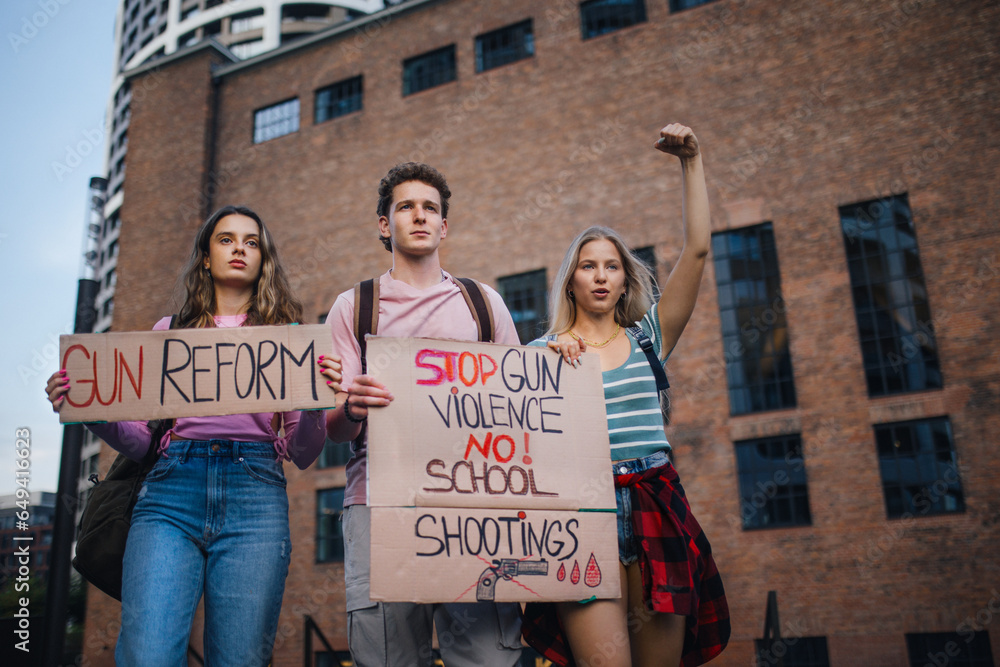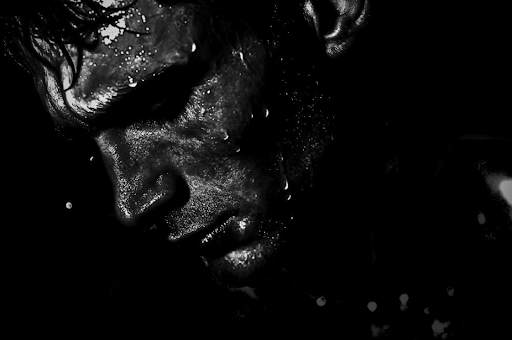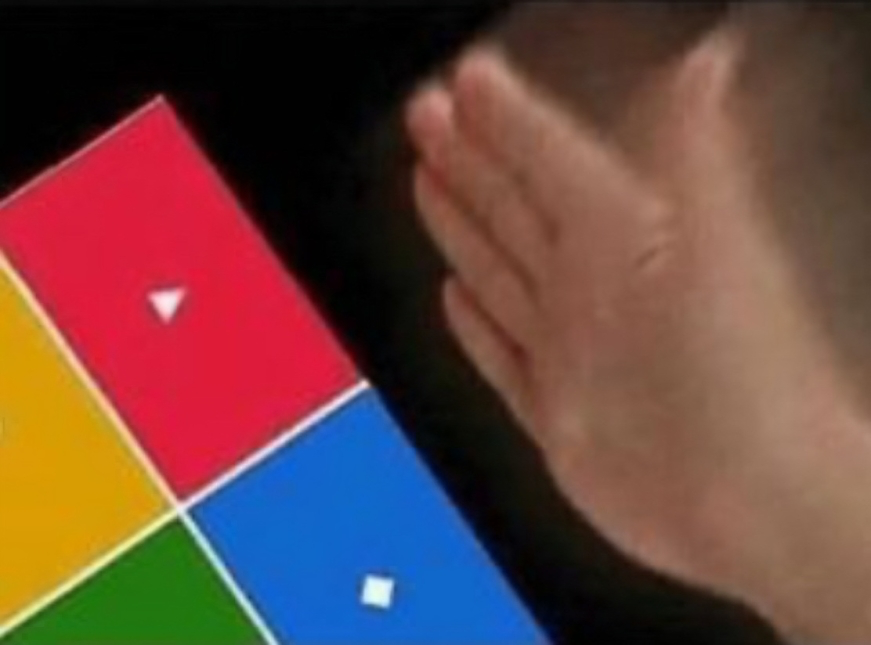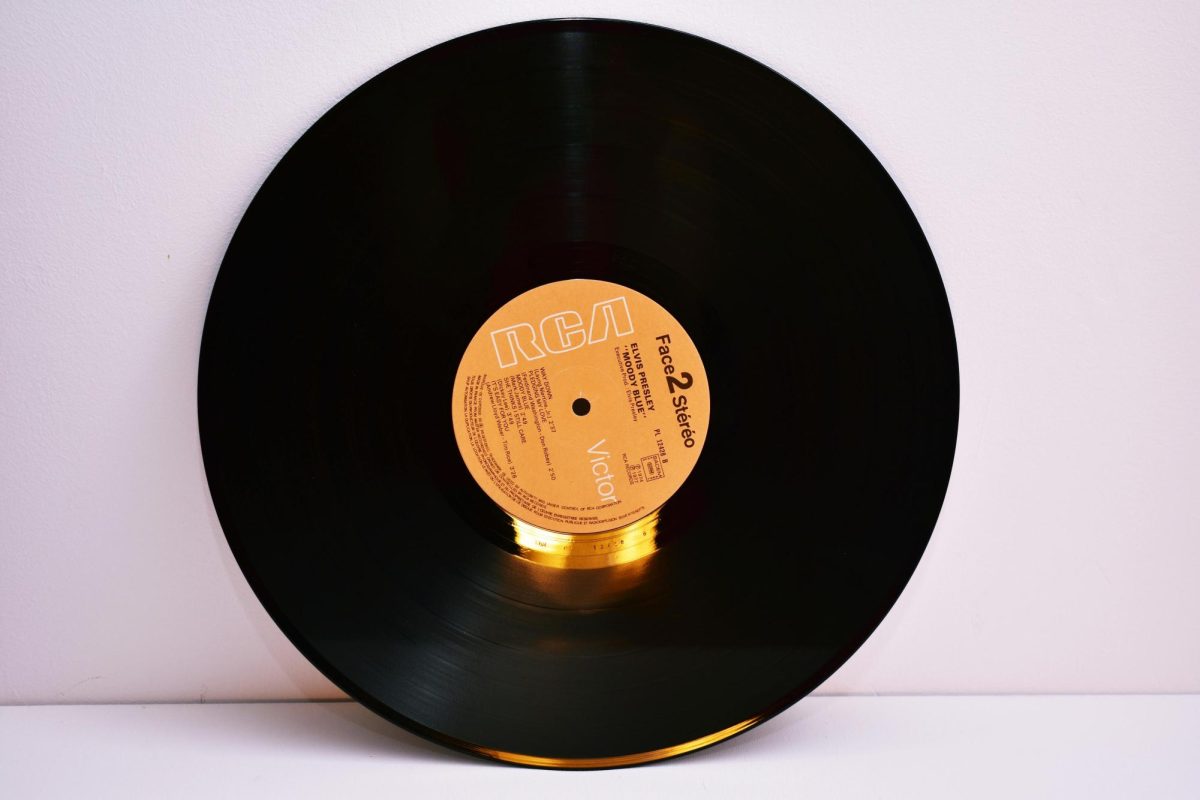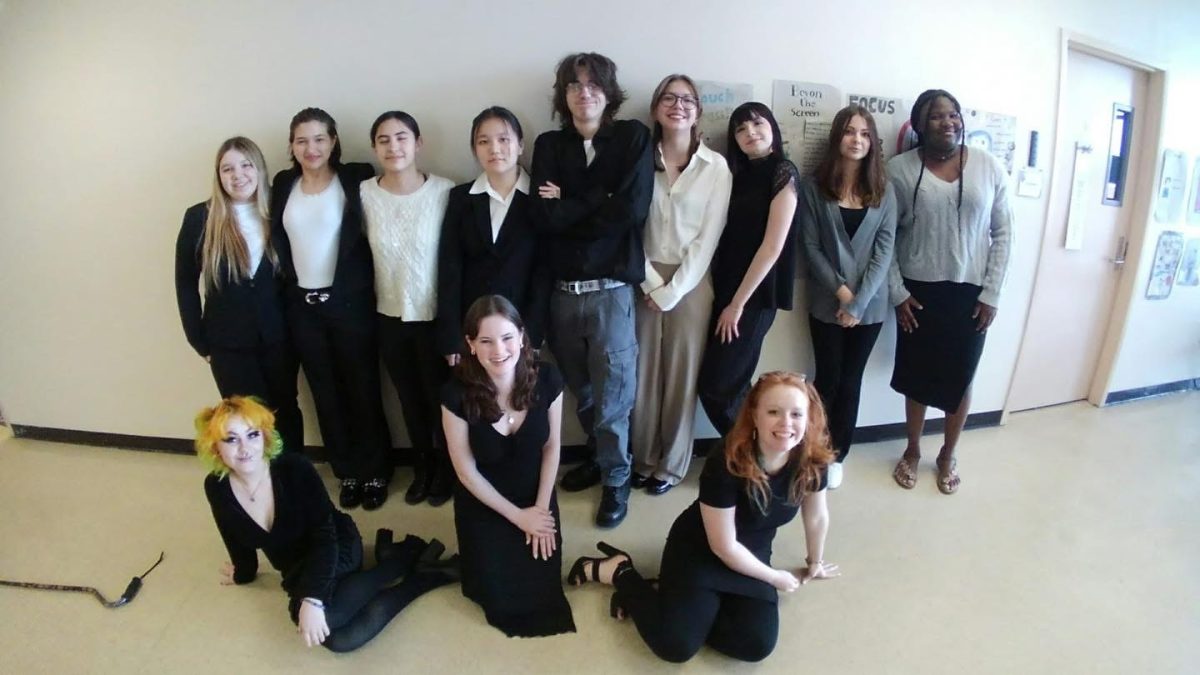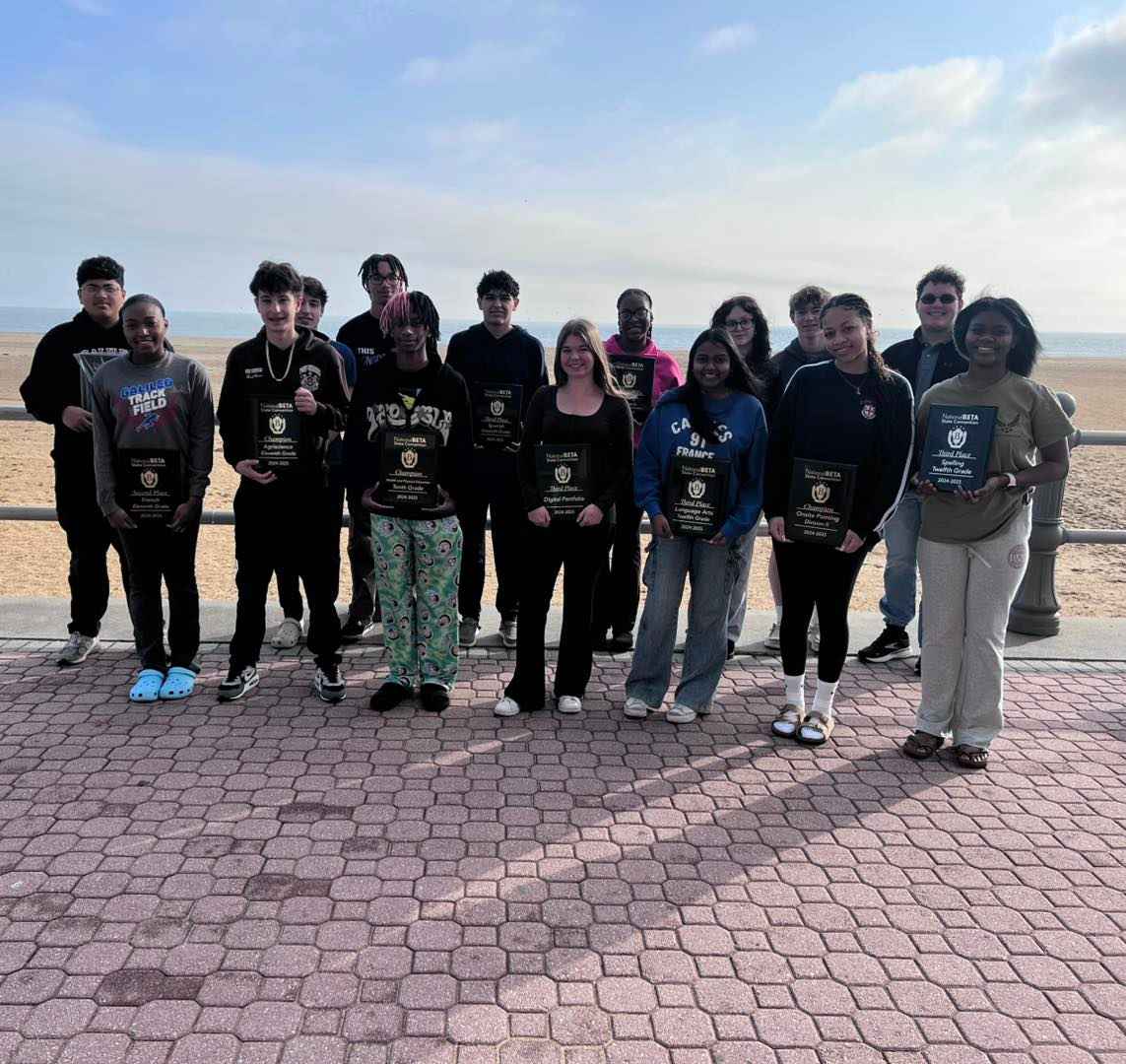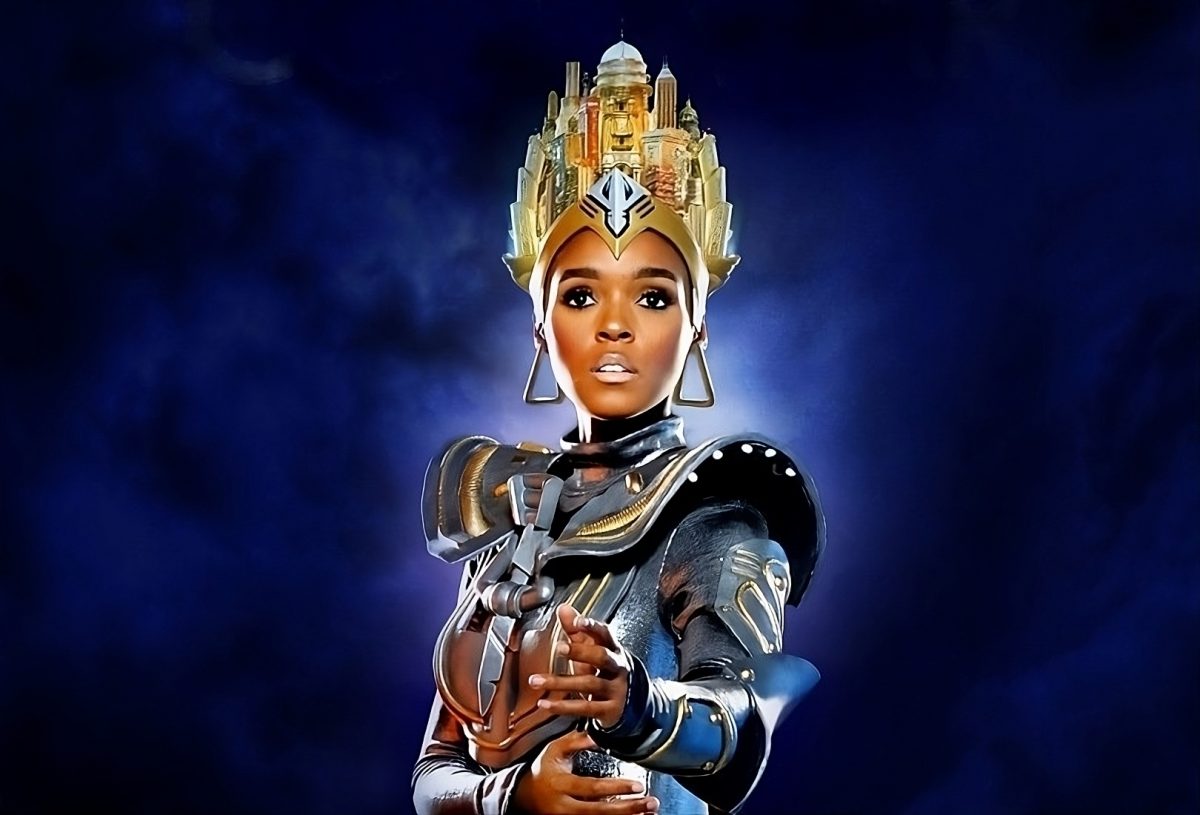Black History Month is usually about honoring the past and remembering the struggles, triumphs, and legacies of Black people. But what if it was also about looking ahead? Afrofuturism helps us to do just that. It’s a cultural movement that blends science fiction, Black culture, and history to imagine a future where Black people aren’t just surviving, but leading. It challenges the idea that Black identity is limited to the past and instead opens up possibilities where the future is ours to create.

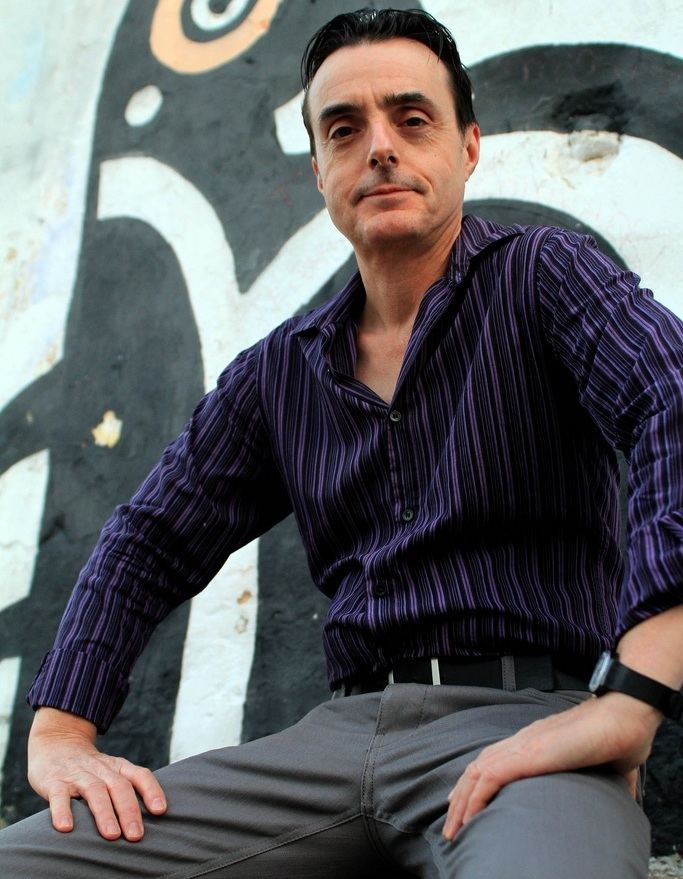
Although the term “Afrofuturism” wasn’t coined until 1993 by critic Mark Dery, the concept has been around much longer. Artists like Sun Ra used jazz to create a cosmic world where Black people aren’t confined to Earth’s struggles and oppression, while Octavia Butler’s novels featured Black protagonists navigating futuristic landscapes and challenging social hierarchies. OutKast’s ATLiens wasn’t just a rap album, but a statement that Black culture could exist in new, daring spaces. “Imagining oneself in the future creates agency and it’s significant historically people of African descent were not always incorporated into many of the storylines about the future.” (Pratt Institute Library Guide)
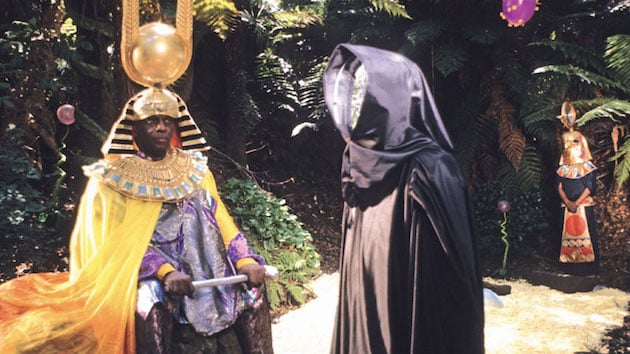
Today, Afrofuturism is more alive than ever. Movies like Black Panther brought a futuristic vision of Africa to life, reimagining the continent without the history of colonization. Donald Glover’s Atlanta combined surrealism with reality to explore the strange and complex parts of being Black in America. R&B musicians like Kelela and Janelle Monáe, push the boundaries within the music industry with their creative, futuristic visuals and sounds that blend Black identity with sci-fi in a way that familiarizes struggle and pain, while also transporting you into another dimension. “These artists aren’t just participating in Afrofuturism—they’re shaping its future, constantly evolving what it means.” (Levelman)

Afrofuturism isn’t just cool—it’s necessary. It’s about creating space for Black people to imagine themselves as anything and in any place, without being limited by what the world tells them they can be. It’s a movement that proves Black people belong in the future, not just the past. By embracing Afrofuturism, we honor where we’ve been and push forward to where we can go.
In Nnedi Okorafor’s blog, she states, “I call my work Afrofuturism because it is less centered with technology and more with African culture, but the core remains the same: we are taking control of our own stories.” Janelle Monáe adds, “Science fiction has always been a form of rebellion for Black artists. It allows us to create the worlds we wish we had” (Levelman). Afrofuturism shows us that the future is wide open for Black voices and it’s ours to shape.

